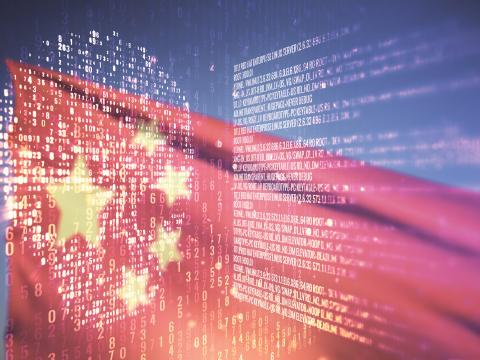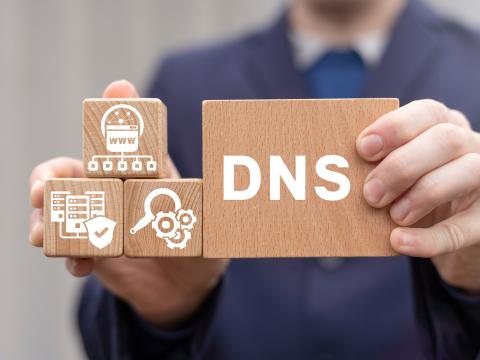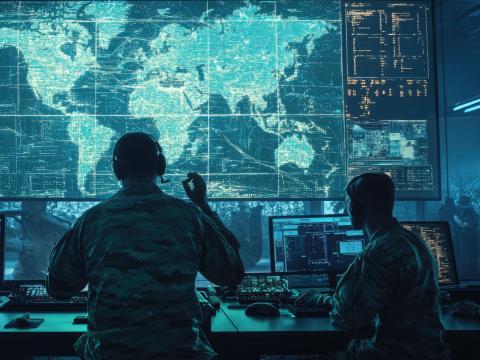The Bottom Line: Information is Power; Sharing Makes It Powerful
Cosmo: There's a war out there, old friend. A world war. And it's not about who's got the most bullets. It's about who controls the information. What we see and hear, how we work, what we think ... it's all about the information!
Believe it or not, those lines are from a movie released nearly a quarter of a century ago. The conversation takes place between Marty Bishop, a former hacker hiding from the law, and Cosmo, Marty’s college cohort who was left holding the bag hacking into computers and transferring funds from conservative politicians to liberal causes. Sneakers debuted in 1992, and the veracity of these statements not only has increased but also has gone in totally unpredictable directions.
Today more than ever before, it’s all about the information. But, it turns out that the movie script’s authors—Phil Alden Robinson, Lawrence Lasker and Walter F. Parkes—only scratched the surface about the importance of data. Slightly more than two decades later, companies depend on it to make targeted marketing decisions. Consumers tap into it to find the best prices. Most importantly, the right information in the right hands at the right time enables the military to save lives.
In 2015, however, it’s become obvious that Cosmo’s description of the importance of information didn’t go far enough. Unlike 25 years ago, possessing and controlling information is only part of enemies’ power plays. They not only have more information than could ever have been envisioned but also more ways to distribute it. They can break into systems to steal data and share it with the world in a matter of milliseconds. Based on profiles of the social media generation, they can spread their propaganda to recruit people to join their cause—people who can easily turn around and share it with like-minded friends faster than a speeding bullet. “…What we think…it’s all about the information!”
U.S. military leaders also realized the value of sharing information through networks a couple of decades ago. Network-centric warfare was the buzzword of the 1990s, but it didn’t go nearly far enough. While technologies were quickly developed to ensure warfighters could share information, the idea of using newer technological avenues to distribute information on a broader scale—to the world, for example—never quite got off the ground.
The bottom line is there’s a war out there, and it’s about more than who controls the information. It’s also about using all the possible means to share it. When adversaries are eagerly taking advantage of websites, YouTube and Twitter to promote their causes, it’s time for the United States and its allies to do the same.




Comments